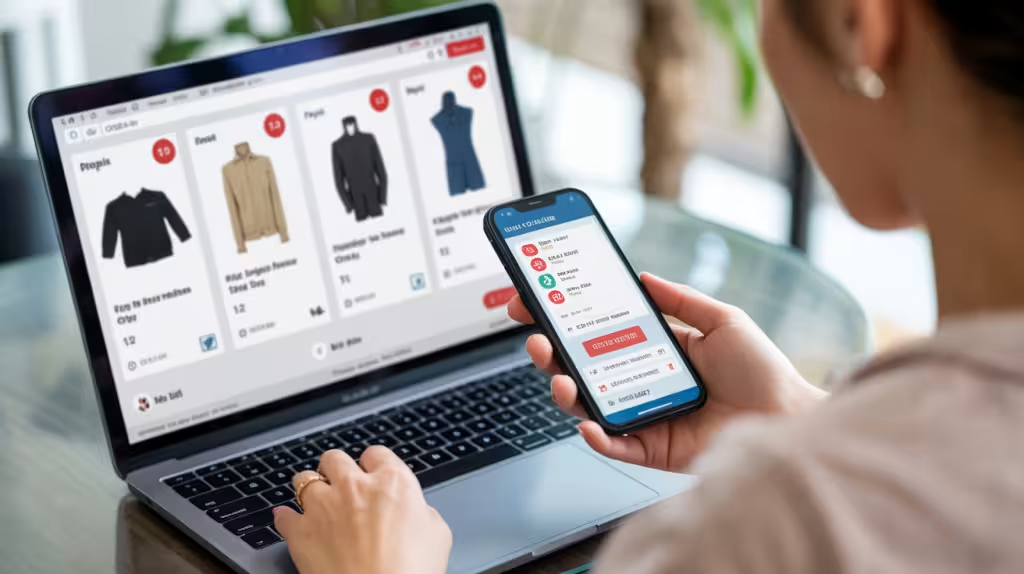The Hidden Challenge: Not Letting It Backfire
But not every lock-in goes perfectly.
Experts warn about the rebound effect — when people restrict too hard, they often splurge the moment it’s over. It’s like a financial version of a crash diet.
To avoid that, it’s key to treat your lock-in like a reset, not a punishment. The goal isn’t to deprive yourself forever — it’s to understand your habits and rebuild a healthier relationship with money.
Here are a few smart ways to keep it balanced:
-
Define your “essentials” realistically.
It’s okay to keep small pleasures that truly matter — your morning coffee or one weekend activity. Sustainability beats perfection. -
Use the time to plan your next move.
When the lock-in ends, channel that momentum into a longer-term system — maybe a 50/30/20 budget or a new savings goal. -
Keep one accountability partner.
Having someone to check in with (online or offline) helps prevent slipping back into old patterns.















